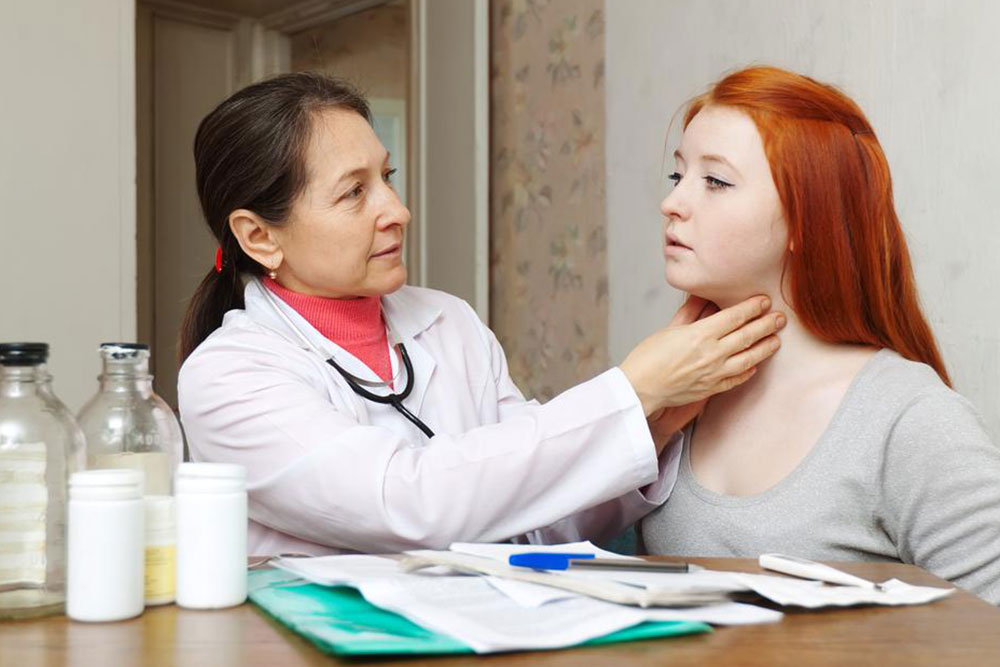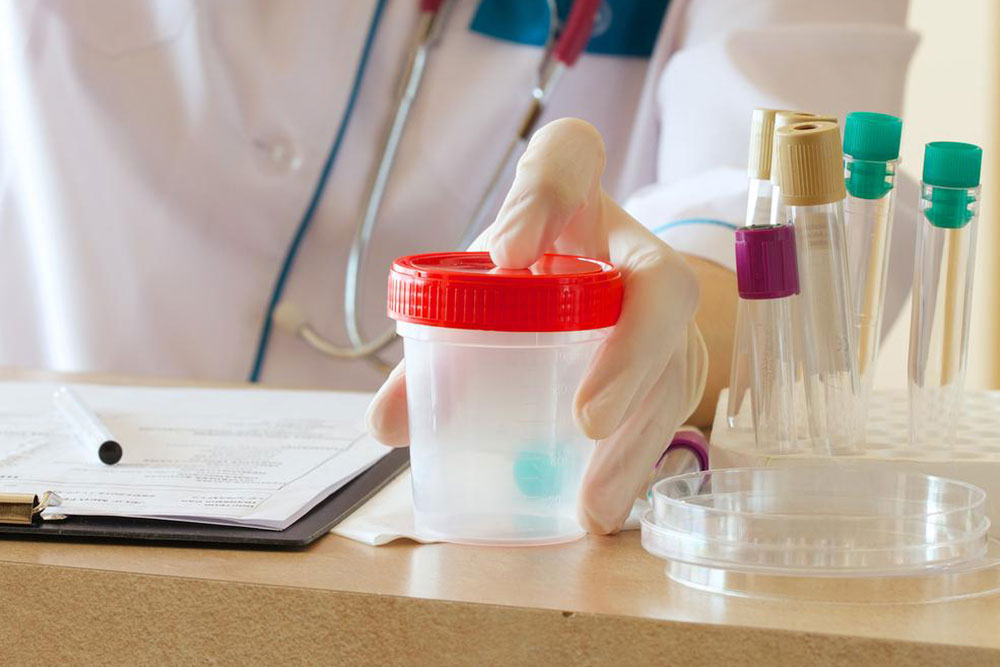Signs, Causes, and Prevention of High Creatinine Levels
Elevated creatinine levels can indicate kidney health issues. Recognizing causes, symptoms, and preventive measures is essential for early detection and management. Regular testing, hydration, and lifestyle adjustments can help maintain optimal kidney function and prevent potential complications.

Signs, Causes, and Prevention of High Creatinine Levels
Creatinine is a waste substance produced when muscles break down creatine phosphate. It is continuously generated, filtered by the kidneys, and excreted through urine. Healthcare providers measure creatinine levels through blood and urine tests to assess kidney function. Elevated levels can indicate conditions such as chronic kidney disease (CKD).
Understanding Creatinine Values High creatinine levels often do not show symptoms early on, making regular blood tests vital for detection, including basic metabolic panels and urine analysis.
The Basic Metabolic Panel (BMP) assesses various components in the blood, such as creatinine, glucose, minerals, and urea nitrogen. Sometimes, urine tests confirm elevated creatinine levels. Normal blood creatinine ranges from 0.7 to 1.2 mg/dL. Men typically excrete 955-2,936 mg/day in urine, while women excrete 601-1,689 mg/day. Increased levels warrant medical evaluation, considering factors like muscle mass, age, hydration, and overall health.
Causes of Elevated Creatinine High creatinine may signal reduced kidney function, arising from both temporary and persistent causes. Temporary factors include excessive protein consumption, dehydration, and intense physical activity, which can temporarily impair kidney filtering. Chronic elevations may be due to health issues such as:
Kidney infections
Inflammation of the kidney's glomeruli
Diabetes mellitus
Hypertension
Heart conditions like failure or clogged arteries
Blockages in urinary pathways, including stones
Sudden or ongoing kidney failure
Symptoms of High Creatinine Early stages may not show obvious signs. As kidney function declines, symptoms such as less urine output, swelling, presence of blood or protein in urine, shortness of breath, fatigue, nausea, and confusion can appear.
Decreased urine production
Swelling in limbs or face
Blood or protein detected in urine
Difficulty breathing
Persistent tiredness
Loss of appetite, nausea, vomiting
Itching or seizures in severe cases
Managing Elevated Creatinine Addressing the root cause is key. Lifestyle modifications such as a low-protein diet, moderate exercise, and staying well-hydrated can help control levels. In cases of serious health issues, medical treatment is essential to protect kidney function and prevent further damage.
Prevention Strategies
Follow a balanced diet that emphasizes whole foods, limiting high-protein intake to avoid elevating creatinine levels.
Schedule regular health checkups, especially if you have risk factors like high blood pressure or diabetes, to monitor kidney health.
Drink plenty of water daily to support kidney filtration and overall health.


